On this date, Edmund White, the author of A Boy’s Own Story (1982) and The Farewell Symphony (1997), among other books and essays, wrote a letter to his friends, poet Alfred Corn and his wife Ann, describing the Stonewall Uprising just a few days after the event. It reads in part:
Dear Ann and Alfred,
Well, the big news here is Gay Power. It’s the most extraordinary thing. It all began two weeks ago on a Friday night. The cops raided the <SW>, that mighty Bastille which you know has remained impregnable for three years, so brazen and so conspicuous that one could only surmise that the Mafia was paying off the pigs handsomely. Apparently, however, a new public official, Sergeant Smith, has taken over the Village, and he’s a peculiarly diligent lawman. In any event, a mammoth paddy wagon, as big as a school bus, pulled up to the Wall and about ten cops raided the joint. The kids were all shooed into the street; soon other gay kids and straight spectators swelled the ranks to, I’d say, about a thousand people. Christopher Street was completely blocked off and the crowds swarmed from the Voice office down to the Civil War hospital.
As the Mafia owners were dragged out one by one and shoved into the wagon, the crowd would let out Bronx cheers and jeers and clapping. Someone shouted “Gay Power,” others took up the cry — and then it dissolved into giggles. A few more gay prisoners — bartenders, hatcheck boys — a few more cheers, someone starts singing “We Shall Overcome” — and then they started camping on it. A drag queen is shoved into the wagon; she hits the cop over the head with her purse. The cop clubs her. Angry stirring in the crowd. The cops, used to the cringing and disorganization of the gay crowds, snort off. But the crowd doesn’t disperse. Everyone is restless, angry and high-spirited. No one has a slogan, no one even has an attitude, but something’s brewing.
Some adorable butch hustler boy pulls up a parking meter, mind you, out of the pavement, and uses it as a battering ram (a few cops are still inside the Wall, locked in). The boys begin to pound at the heavy wooden double doors and windows; glass shatters all over the street. Cries of “Liberate the Bar.” Bottles (from hostile straights?) rain down from the apartment windows. Cries of “We’re the Pink Panthers.” A mad Negro queen whirls like a dervish with a twisted piece of metal in her hand and breaks the remaining windows. The door begins to give. The cop turns a hose on the crowd (they’re still within the Wall). But they can’t aim it properly, and the crowd sticks. Finally the door is broken down and the kids, as though working to a prior plan, systematically dump refuse from the waste cans into the Wall, squirting it with lighter fluid, and ignite it. Huge flashes of flame and billows of smoke.
Now the cops in the paddy wagon return, and two fire engines pull up. Clubs fly. The crowd retreats.
(. . .)
This last weekend, nothing much happened because it was the Fourth of July and everyone was away. Charles Burch has decided it’s all a drag. When he hears that gay kids are picketing Independence Hall in Philly because they’re being denied their constitutional rights, he says: “But of course, the Founding Fathers didn’t intend to protect perverts and criminals.” Who knows what will happen this weekend, or this week? I’ll keep you posted.
Although White is known as a novelist whose work has been widely praised by such writers as Vladimir Nabokov and Susan Sontag, it is as a cultural critic that White has perhaps had his greatest influence. Urbane, knowing, sophisticated, he has chronicled gay life in the seventies through the nineties with wit and insight. His pioneering book The Joy of Gay Sex: An Intimate Guide for Gay Men to the Pleasures of a Gay Life (1977), written with Dr. Charles Silverstein, introduced millions, gay and straight and curious alike, to a brave new world of sexual practices and lifestyle.
Suggested Reading:
- Letter published in David Bergman, ed., The Violet Quill Reader and Lisa Grunwald, Stephen J. Adler, eds. Letters of the Century: America, 1900-1999.





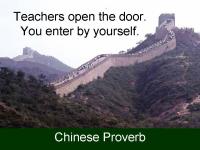


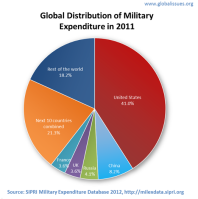
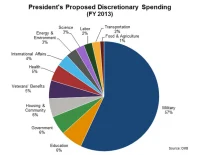




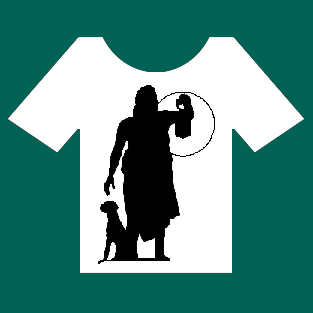

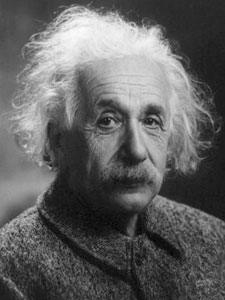

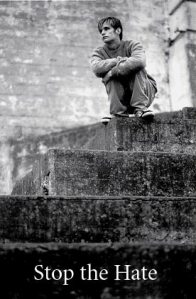


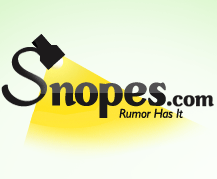





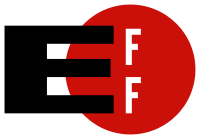
You must be logged in to post a comment.